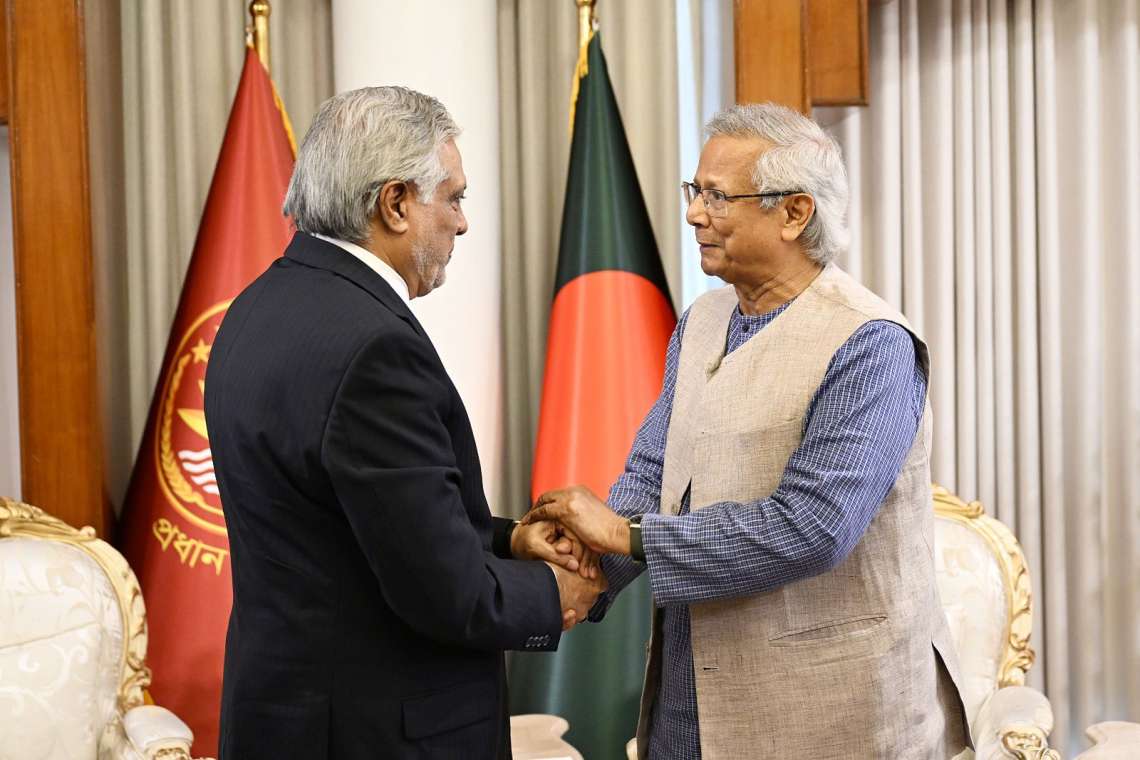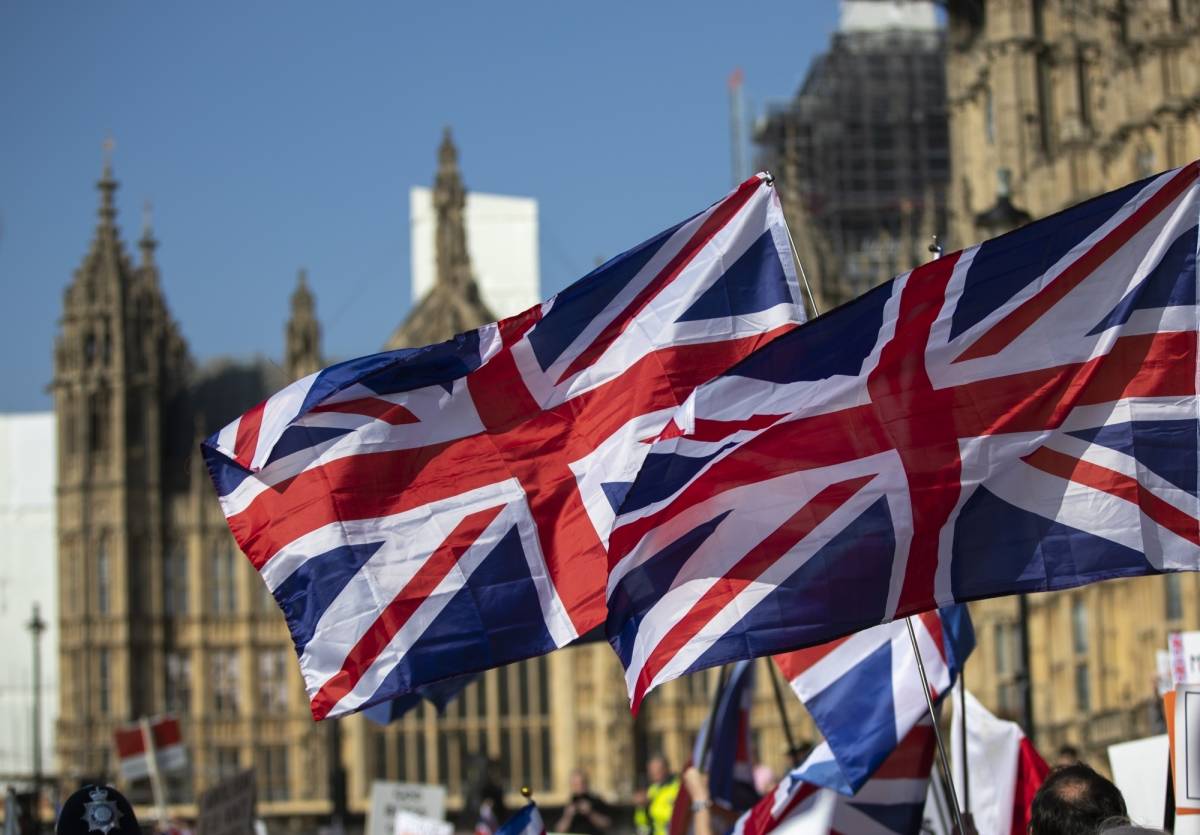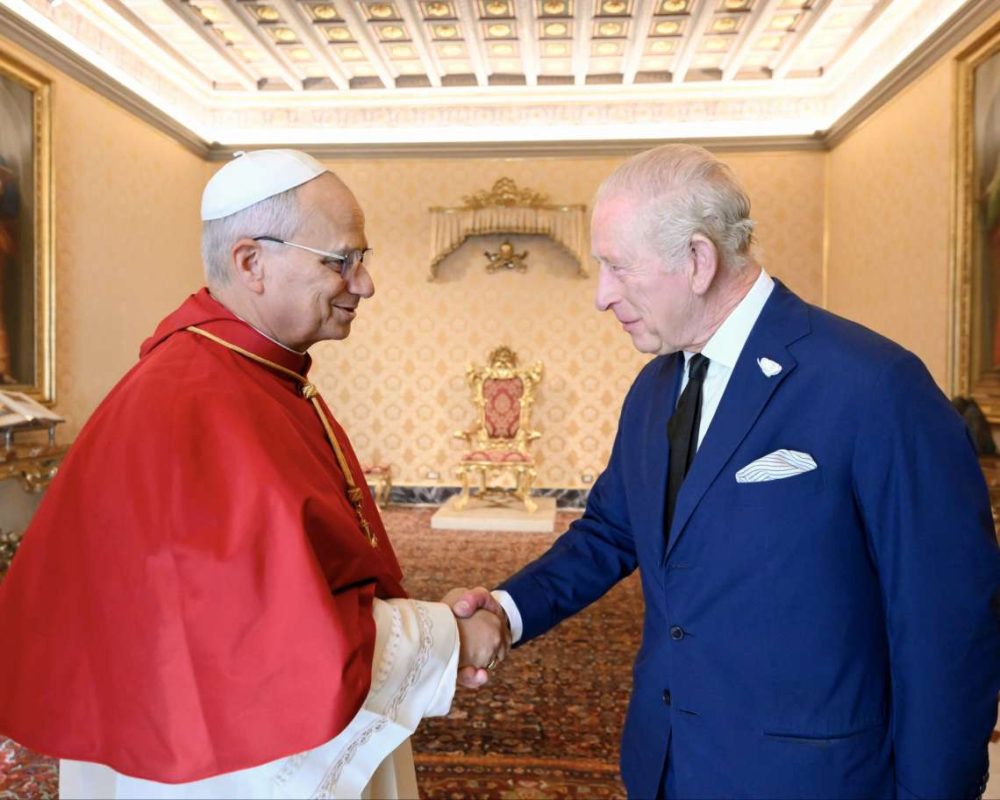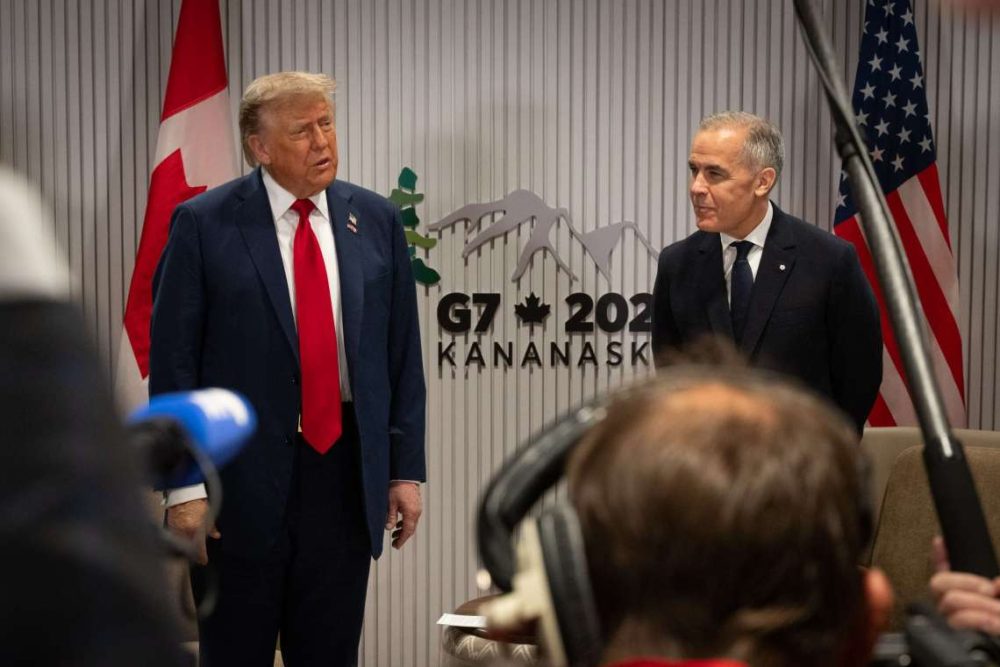Experts say the major reasons for the commission’s failure to provide justice, were, lack of powers to hold the perpetrators accountable, lack of transparency and functional independence….reports Asian Lite News
The cases of kidnapping and enforced disappearances of activists, journalists and even students have become a norm in Pakistan. Yet, Pakistan has not taken concrete measures to put an end to the rising number of abductions.
Human rights organisations and torch bearers of democratic rights have expressed frustration as the Commission of Inquiry on Enforced Disappearances (COIED) has failed to provide justice and courts are failing to hold Pakistan’s Army– the real force behind enforced disappearances– accountable.
Amid the international pressure, the Islamabad government appointed the COIED a decade ago. It received staggering 8,463 cases though activists claimed the actual number to be much higher. The commission could not trace beyond one-third of these cases so far.
Reacting to pleas, the Islamabad High Court came down heavily on the commission for failing to discharge its duties. It has even warned the Prime Minister to come before the court in person for the state’s failure.
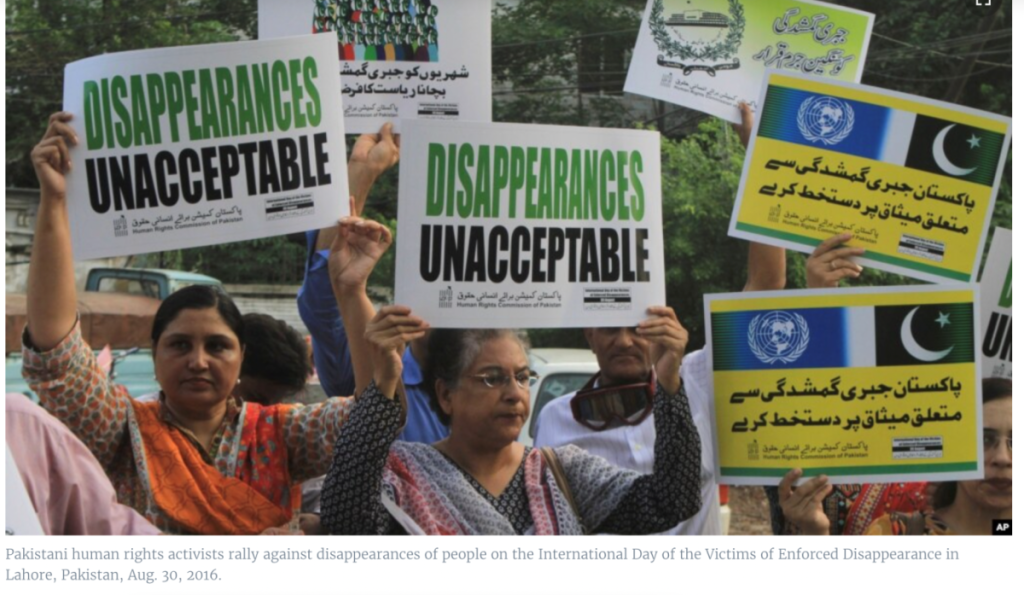
The court said “It is indeed the most grave and intolerable form of torture suffered by the persons who have been subjected to enforced disappearances but more-so for their loved ones.” The court, however, did not speak anything about Pakistan’s security forces despite people in the country especially from Balochistan blaming the military for illegal detentions and enforced disappearances.
Though it said tacitly that enforced disappearance could be an undeclared and tacit policy of the Pakistani establishment to suppress people who criticize or question its powerful army or seeks implementation of basic rights.
Many victims of enforced disappearance said police refused to name military agencies or personnel in the FIRs. And even if they do, no accused military personnel appear before the courts. And now after the Islamabad court’s remark, calls are being made to remove the COIED’s Chairperson, Justice (retired) Javed Iqbal, from the position.
Experts say the major reasons for the commission’s failure to provide justice, were, lack of powers to hold the perpetrators accountable, lack of transparency and functional independence.
The Pakistani Army that influences the decisions of the civilian government is said to be behind diluting the mandate of the commission.
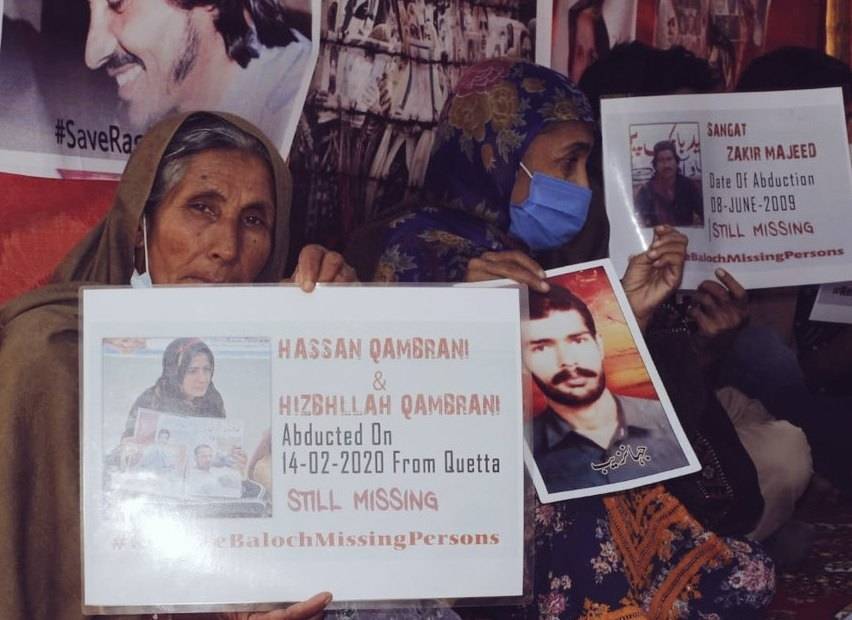
Pakistan government had formed the commission to deflect criticism and to claim seriousness, said Ian Seiderman, Legal and Policy Advisor at the International Commission of Jurists (ICJ). “In reality, however, the COIED has led to a compromised inquiry process where investigations do not lead to accountability, nor do they result in proper and adequate reparation for victims,” he said.
Even when Islamabad decided to amend the Criminal Act to strengthen the hands of the COIED, two clauses were added that were seen as detrimental to the very objective of addressing the problem of enforced disappearances.
One clause sought to punish victims or relatives if the complaints of enforced disappearances turn out to be incorrect. The other one provided impunity to perpetrators if there is no solid evidence.
Many genuine complainants did not come forward and dare to report cases of enforced disappearance, thanks to the poor track record of the COIED, and now the lesser probability of justice and fear of witch-hunting owing to the law amendments.
The United Nations too has raised concerns over the lack of legal instrument that facilitates relatives of the victims to pursue the cases of enforced disappearances due to “fear of reprisals or lack of trust.” Amnesty International in its 2021-22 report said accountability for enforced disappearances remained elusive in Pakistan.
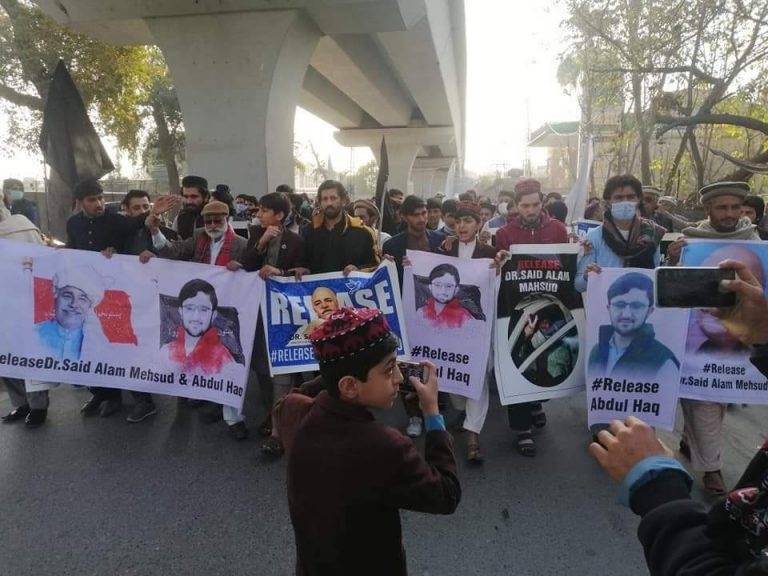
The civilian government’s inability to devise a proper mechanism stems from the fact that Pakistan’s Army itself is behind the enforced disappearances. “All arrests by Pakistani Army are arguably carried out without specific charges and outside the law, therefore, they are enforced disappearances,” said non-governmental organisation Maat for Peace, Development and Human Rights Association in a statement submitted to the United Nations.
No civilian government in Pakistan’s history had the courage to take on the army. The army dominates the entire civilian set-up. Judiciary is no exception. That is why army officials are never questioned by the courts. In the case of enforced disappearance too, the court minced no word in its criticism of the COIED and the Islamabad government but, chose not to summon army officials.





